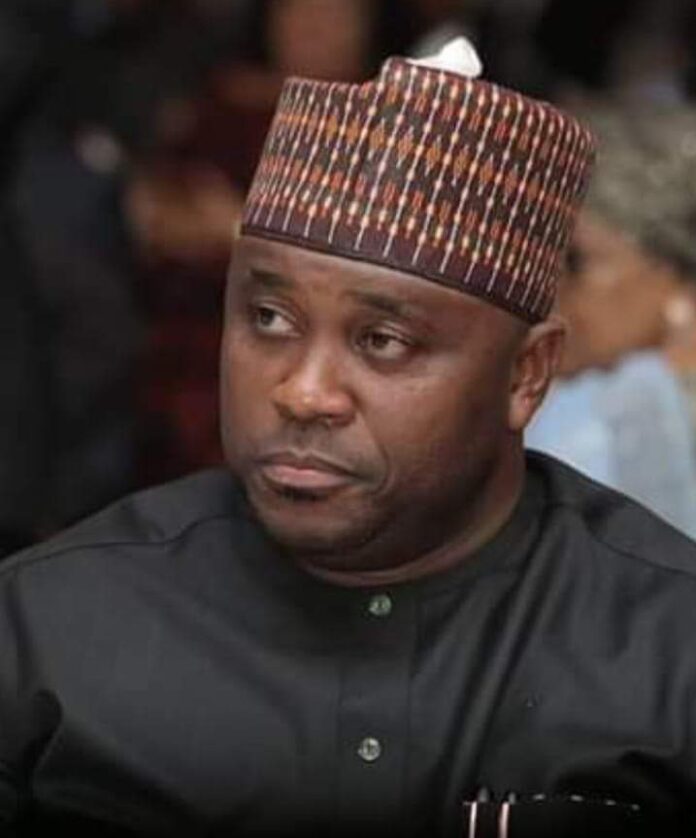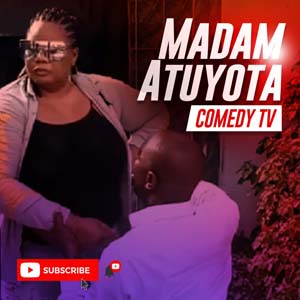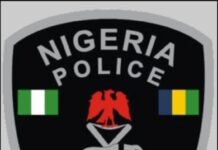Senator Bassey Albert, Chairman, Senate Committee on Petroleum Resources Upstream.
By Mikky Attah
At stake for Nigeria had been the EGTL. You probably might have seen EGTL recurring periodically in the news over the years, and vaguely wondered what it stood for, before passing on to read other news. The EGTL debacle lasted through both the 6th and 7th Senate, without getting resolved.
You would likely know that it had something to do with Escravos, indeed EGTL is the Escravos Gas to Liquid project. Let me break everything down for you. What was the lingering dispute was particularly the NNPC/ Chevron EGTL Agreement.
Chevron, through its principal subsidiary in Nigeria, Chevron Nigeria Limited operates eight concessions in the onshore parts of the Niger Delta under a joint venture agreement with the NNPC. Chevron is actually one of Nigeria’s biggest players in the oil and gas industry; in 2018 the company’s daily net production was- 6,000 barrels of LPG (liquefied petroleum gas), 194,000 barrels of crude oil and 233 million cubic feet of natural gas, on average. Chevron operates the multi-billion dollar EGTL project along with the NNPC, comprising a 33,000 barrels per day gas-to-liquid plant. The two operators have had a long-standing dispute over the sharing contract, that has lasted more than a decade, battling over the actual EGLP operation.
RELATED STORY : 2019 STEM Challenge: Chevron Rewards Five Public Schools in Lagos
The Senator representing Akwa Ibom North East Senatorial District, Senator Bassey Albert Akpan was handed the leadership of the oversight of the nation’s gas sector when the 8th Senate, under the leadership of Senator Bukola Saraki made him Chairman, Senate Committee on Gas Resources in 2015. In 2016, Senator Albert Akpan sponsored a motion calling for the urgent need for a comprehensive review of joint venture cash call obligations between the federal government and the OICs ( international oil companies). On Wednesday 13th April 2016, Sen Albert Akpan’s motion titled “The urgent need for effective implementation of the Joint Venture Cash Calls Obligations by the Nigerian National Petroleum Corporation (NNPC) in accordance with Appropriation Acts of National Assembly” was deliberated upon at the Senate sitting of the day. 3 months after, the then Senate President inaugurated a joint committee to conduct investigations into the operations of the Cash Call Obligations.
The Joint Committee comprised the Senate Committee on Finance and Appropriations, Petroleum Upstream and Committee on Gas. It was inaugurated on Wednesday July 20 2016 by Senate President Bukola Saraki, and the committee was headed by Sen Albert Akpan.
As at the time of that inauguration, the cash call arrears of the joint partners of the NNPC stood at over $6 billion! During the meetings of the Joint Committee, Sen Tayo Alaosaodura of the Petroleum Downstream Committee described the cash call arrears as ‘a mystery that must be unravelled’ (Sen Alaosaodura is today the Minister of State for Niger Delta Affairs).
Activities of that committee led to a swift upsurge in cash call revenues for the nation.
The particular investigation into the EGTL plant deal involved several meetings with the joint venture partners, as well as an on- the -spot assessment visit to the EGTL Plant, Escravos in Delta State. The investigations revealed a lot of unsavoury details, which were costing Nigeria billions of dollars in losses. Among the many things uncovered was the equity ratio in the Joint Venture shareholding which had been unfairly altered, and stood at 25% to NNPC; and skewered in favour of Chevron Nigeria Limited (CNL) with 75%. Additionally, the project cost of the EGTL was discovered to have escalated from $2.95 billion that had been approved, to $10.3 billion.
READ ALSO : NDDC denies awarding N500 million contract to Akpabio
The Senator Albert Akpan- led committee called the management of Chevron to explain the almost 300% variation. The then Chairman/MD, Mr Clay Neff and his team were unconvincing in their explanation for the astronomical variation. That same project in Qatar cost $1.1 billion.
On January 1 2017, Mr Jeffrey Ewing was made the new Chairman and MD of CNL. What is also worthy of note is that in Nigeria’s current 9th Senate headed by Sen Ahmed Ibrahim Lawan, Senator Akpan was appointed Chairman, Senate Committee on Petroleum Resources Upstream. What is striking here is that the Senate President overlooked bipartisanship in appointing Sen Akpan as chairman (Sen Akpan is PDP; Senate President Lawan is of the majority APC). It must mean that Sen Akpan, a seasoned banker must have impressed with his diligence. The same Sen Akpan was previously made Chairman, Committee on Gas like I said, – by the APC Senate President Bukola Saraki, and he did not fail in that assignment, heading up a Grade A committee.
Today, the negotiations of Sen Albert Akpan have resulted in several far reaching, mutually beneficial joint venture agreements. Amongst them is the reversal of the equity shareholding to 60%(NNPC) and 40% (CNL). The negotiations have also resulted in the addition of about $10 billion to the nation’s capital resources, with potential for an additional $2 billion annually. In all, 5 different agreements have been signed recently between CNL and NNPC. The Group MD of NNPC, Mallam Mele Kyari appended his signature on behalf of the federal government of Nigeria.
Also, of great consolation to the entire Niger Delta region and environmentalists alike, is the message from the CNL Chairman Ewing that, among other values of the EGTL is the provision of clean and environmentally friendly energy. That is a welcome development from Chevron Nigeria, and commendable in entirety.
Culled from The Nation newspaper.

















